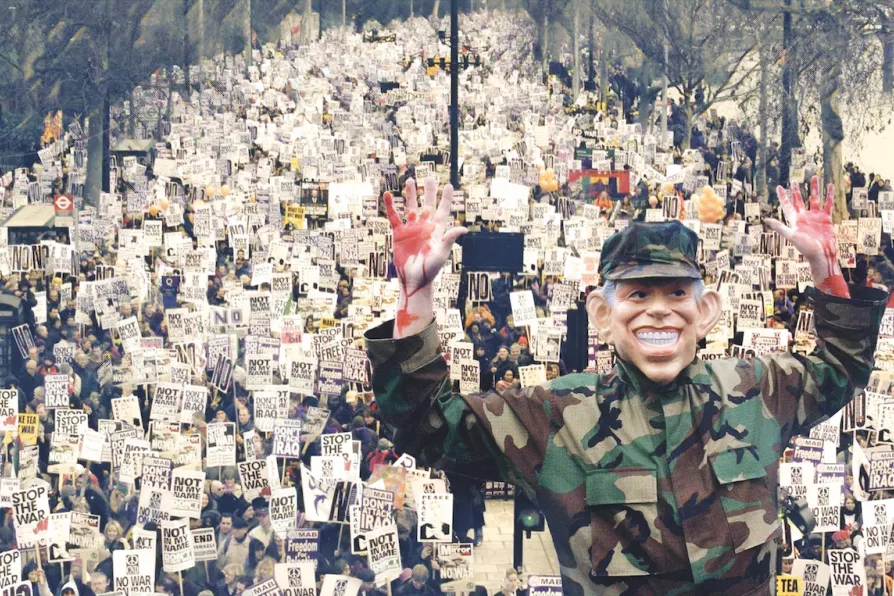Labour prospects in May elections may be irrevocably damaged by Birmingham Council’s costly refusal to settle the year-long dispute, warns STEVE WRIGHT


THE current Labour Party leadership has reached a new low in its backing for a siege of Gaza — quite against international law and UN policy — and the old-fashioned sabre-rattling of sending navy gunboats to support an Israeli government that is almost certainly better-armed than Britain.
The disgrace is not just in the support for Israel’s actions, but also the lack of opposition and dissent at the top in the Labour Party and the unions.
The international conventions that Labour is currently ignoring were the product of a post-1945 era where the framework for a new world order was laid out, including policies on refugees, acceptable behaviour in war, and the creation of the International Court of Justice in The Hague.

Who you ask and how you ask matter, as does why you are asking — the history of opinion polls shows they are as much about creating opinions as they are about recording them, writes socialist historian KEITH FLETT

While Hardie, MacDonald and Wilson faced down war pressure from their own Establishment, today’s leadership appears to have forgotten that opposing imperial adventures has historically defined Labour’s moral authority, writes KEITH FLETT












